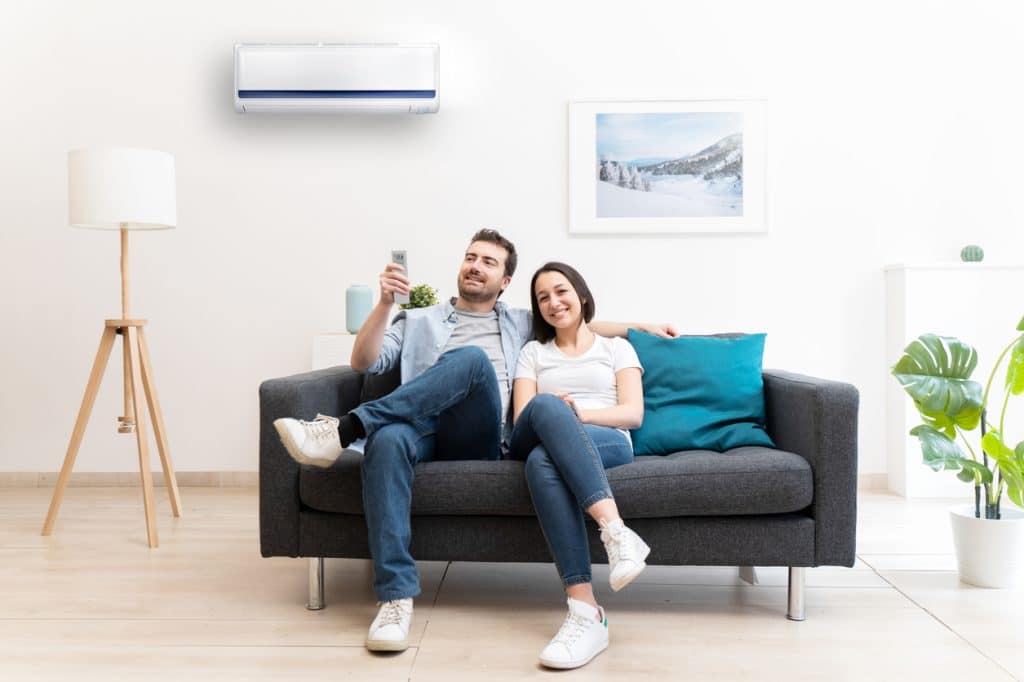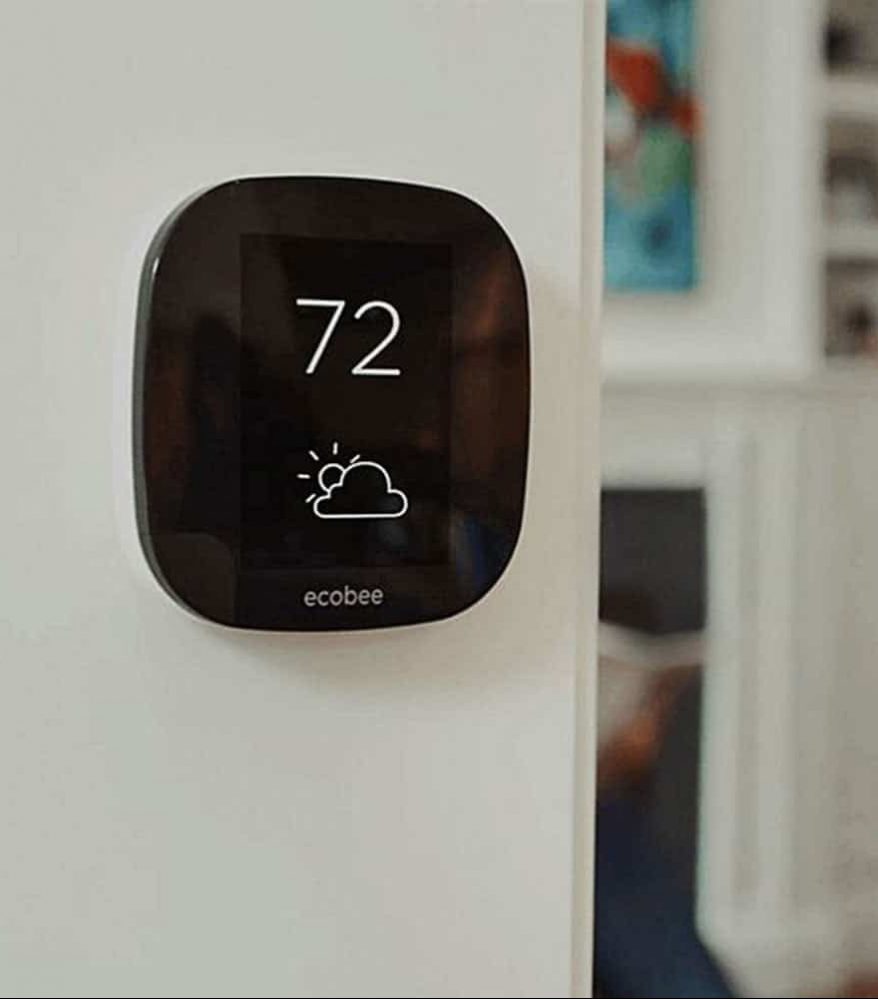Year-Round Comfort: Emerging Trends in Air Conditioning Systems
In regions that have extreme weather changes throughout the seasons, maintaining an indoor environment that is consistently comfortable is essential. Fortunately, various advancements in HVAC technology can help maintain comfort in a home regardless of the exterior temperature. This piece will explore several trends in year-round comfort.
Ductless Mini-Split HVAC Systems
Traditional HVAC systems involve blowing warm or cool air through extensive ductwork around the house. As an alternative in recent years, ductless mini-split HVAC systems are growing in popularity. These systems involve an exterior unit connected to multiple interior units throughout the home. In place of air ducts, smaller refrigerant lines connect interior units to the main outdoor unit. While some mini-split systems are only designed to cool, many can warm and cool a home by reversing the air conditioning process.
Ductless mini-split HVAC systems are much more energy efficient than traditional systems, saving more on energy bills. An additional benefit of this efficiency is the reduced wear and tear on critical components. This reduced system stress means that mini-splits often need fewer frequent repairs and have a longer total lifespan before needing replacement.
Ductless mini-split systems also have zoned heating or cooling ability. Each interior unit is a blower. The zone around each unit has independent temperature and airflow control to give occupants more personalized control over their comfort.
Heat Pumps
Heat pumps are systems that can connect to existing ductwork. Their primary function is to transfer heat between places. Despite their name, heat pumps can both warm and cool a home.
Heat pumps can extract heat from outdoor air and transfer it into the home during colder months. When it’s the warmer part of the year, the process is reversed, and warm air is transferred out of the home. Some heat pumps can also use geothermal or ground sources of heat. This can provide a more stable temperature for reliable warming in the winter.
Hybrid HVAC Systems
Another trend in HVAC technology is the use of hybrid systems. These systems can combine the benefits of traditional HVAC systems with modern technology for better performance optimization. An example of a hybrid HVAC system would be a dual-fuel heat pump. These would combine heat pump technology with a traditional furnace that can take over the heavier workload when the temperature is extremely cold outside.
Smart Thermostats
Smart thermostats allow for better control and automation of an HVAC system. They can increase the comfort level of a home while minimizing energy use. Some smart thermostat features include:
- Learning occupant usage patterns
- Remote access via smartphone apps
- Optimized settings for added energy savings
Advanced Air Filtration
With any HVAC system, clean air is vital to maintaining the comfort of a home. Traditional HVAC systems are prone to dust and allergen accumulation, which can lower indoor air quality. Advanced air filtration systems can be implemented, like HEPA filters or UV filters, to increase indoor air quality and improve the comfort level of a home.
If you live in Santa Barbara, CA, and need air conditioning services, contact Crocker Refrigeration Heating & Air for more information today.






